Mark Peregrino
Long-term SGIFFriend
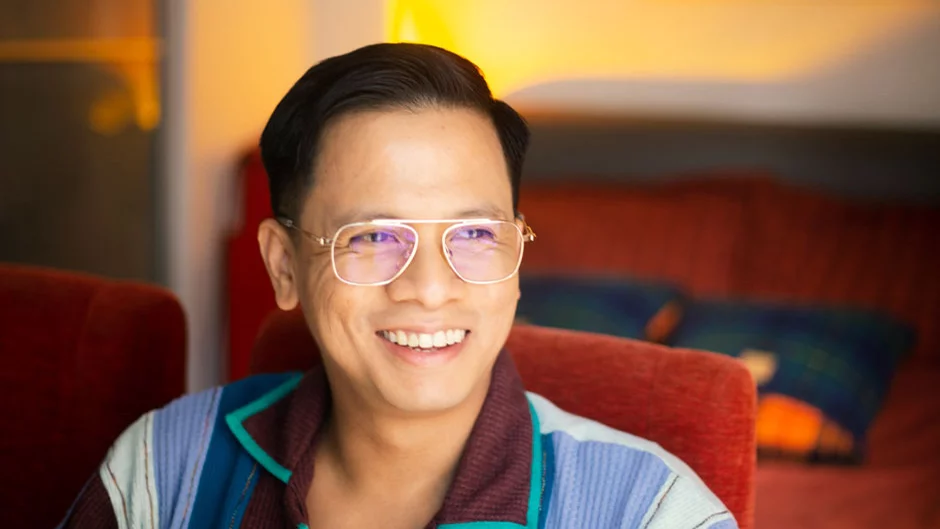
What is your fondest SGIFF memory or experience?
In 2016, Darren Aronofsky was part of the masterclass series. That was my first SGIFF and my first year living in Singapore. And as a film nerd, I just thought to myself – I could get used to this.
In terms of film viewing experience, the year where we got to see Netflix titles premiere on the big screen was quite visceral. I can still remember how the closing sequence of Marriage Story played out, and how it was accentuated with a chorus of sniffles around the cinema. Next thing I know, I’m hearing someone on the phone asking: “We’re gonna have a good marriage right?”
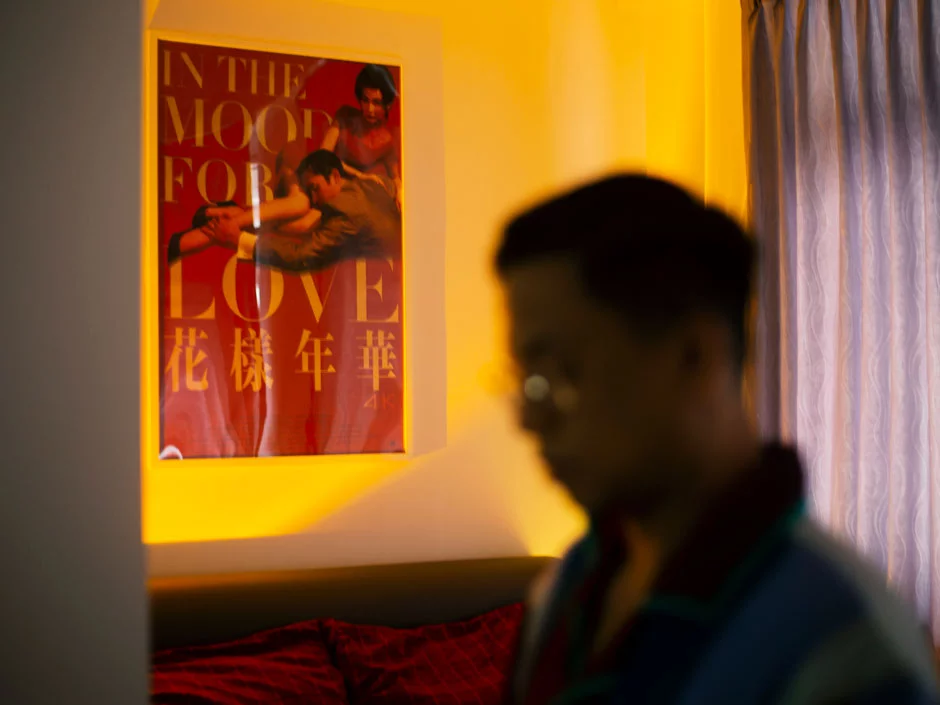
What does the festival mean to you?
My friends and I refer to SGIFF as “Film Christmas” (and not the kind where festivities are limited to a single day, because we’re literally in cinemas almost everyday for two weeks.) Like our favourite traditions, we consider it the most wonderful time of the year. As a film lover, it excites me to finally be able to cross out a bunch of titles from my wish list I’ve been growing throughout the year.
I’m so kiasu about this that even when I’m overseas, I would make sure to log in at the exact time when tickets are meant to go live. One year, I almost went berserk because the page wasn’t loading, and I totally forgot that I was in a different timezone.
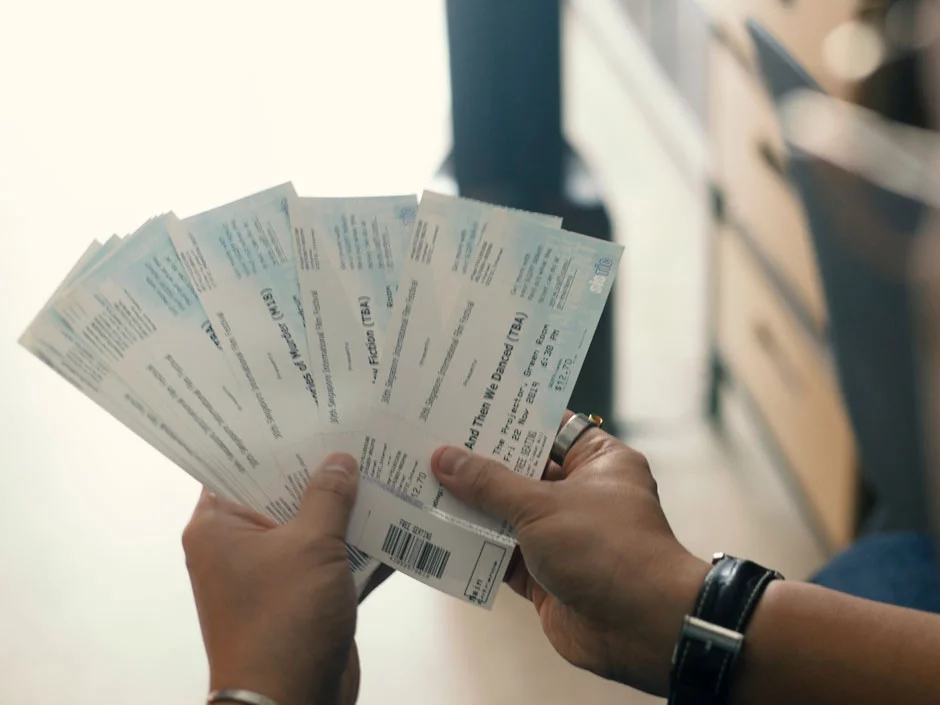
Why do you think it is important to support SGIFF?
First, because it gives the local audience viewing options that they wouldn’t otherwise be able to watch. And as we’ve seen from the success of Korean media around the world, that ability to connect with a culture outside your own can be very rewarding.
Film geeks like me also don’t have to feel bad about not being able to travel to film festivals overseas. Imagine movies released throughout the year from Cannes, Venice, Berlin, and other festivals around the world, curated and shown in the city you live in.
And above all, SGIFF promotes Southeast Asian filmmakers, and puts them on the same stage as other revered international auteurs. I always hear about people complaining about how Hollywood doesn’t get Asian culture right. But why look to Hollywood when you have this kind of platform that lets you support actual homegrown talent with their own unique stories to tell?
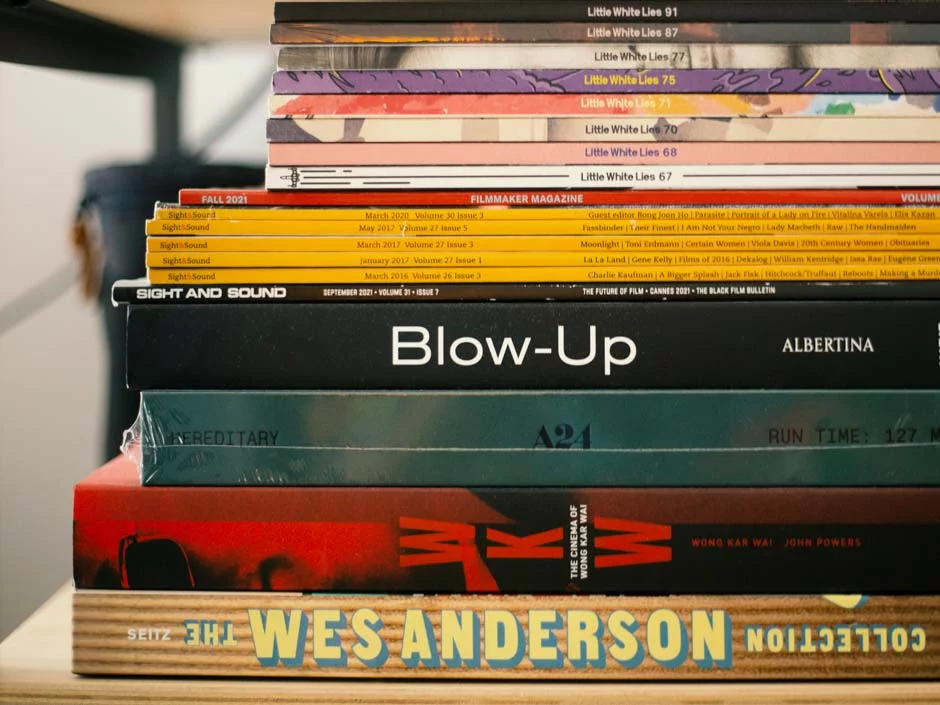
Why do you think storytelling is crucial, especially now?
Storytelling has never been more crucial. We in Singapore are lucky, but there are places where people in power are erasing and rewriting history. We need more stories to be told and more voices to be heard, and ensure that we get more representation beyond the powers that be.
Even from a commercial sense, there cannot be just one kind of movie playing in cinemas every week. Studios need to take risks and be open to failure, if they want to discover the next great thing. Otherwise, each generation will just be subject to a cycle of remakes, reboots, and endless sequels of the same thing. As a reality show judge used to say: “‘Safe’ is the enemy of greatness.”
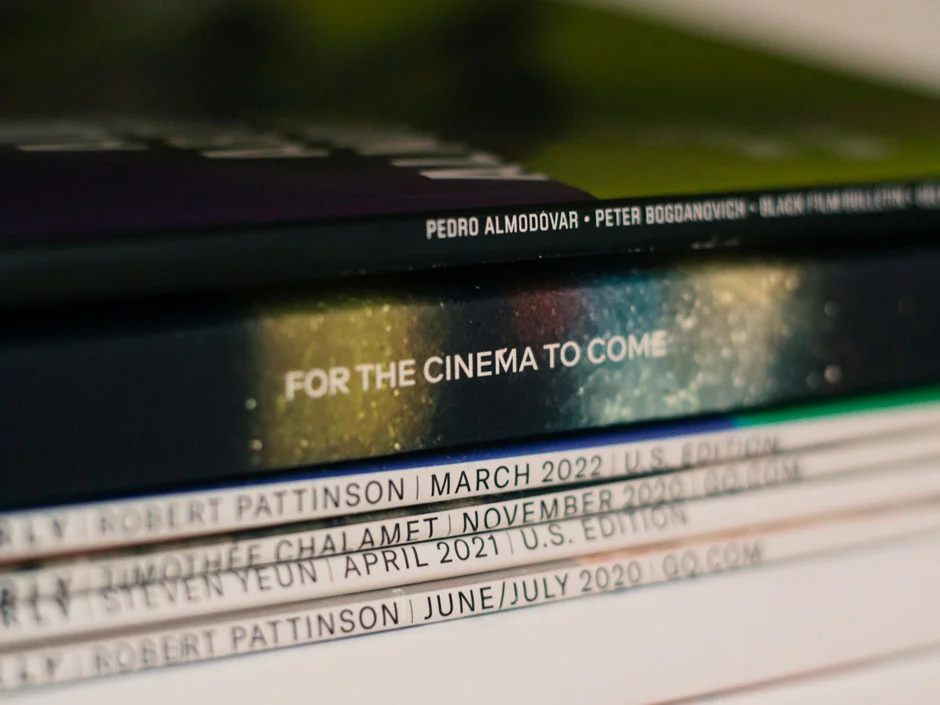
How has film affected your life?
When I was a teenager, I got engrossed with the filmography of Mike Nichols. I then decided to drop out of business school, and told myself I wanted to be a filmmaker like the man who directed masterpieces like “The Graduate”, and the miniseries “Angels in America.” Back then, I thought that being able to create your own world and incorporating all the things you love (music, styling, etc.) was the coolest thing. Spoiler alert: I’m not a filmmaker (yet), but my passion for film remains (and it always
Even though I have yet to create my own feature length fantasy, I still love living vicariously through other film directors, especially the ones with a distinct filmmaking style – from classics like Stanley Kubrick and Agnes Varda, to cult favourites like Wong Kar-Wai and Pedro Almodovar, and new auteurs like Ari Aster and Julia Ducournau. Being able to transport yourself to another world through cinema just feels essential.
It’s that paradoxical thing about cinema that I love most: when the real world starts to feel more sinister than a horror movie, you can always escape to cinema as a distraction; but when you start to get too comfortable, cinema will also remind you that there’s a world out there that still needs a lot of fixing.